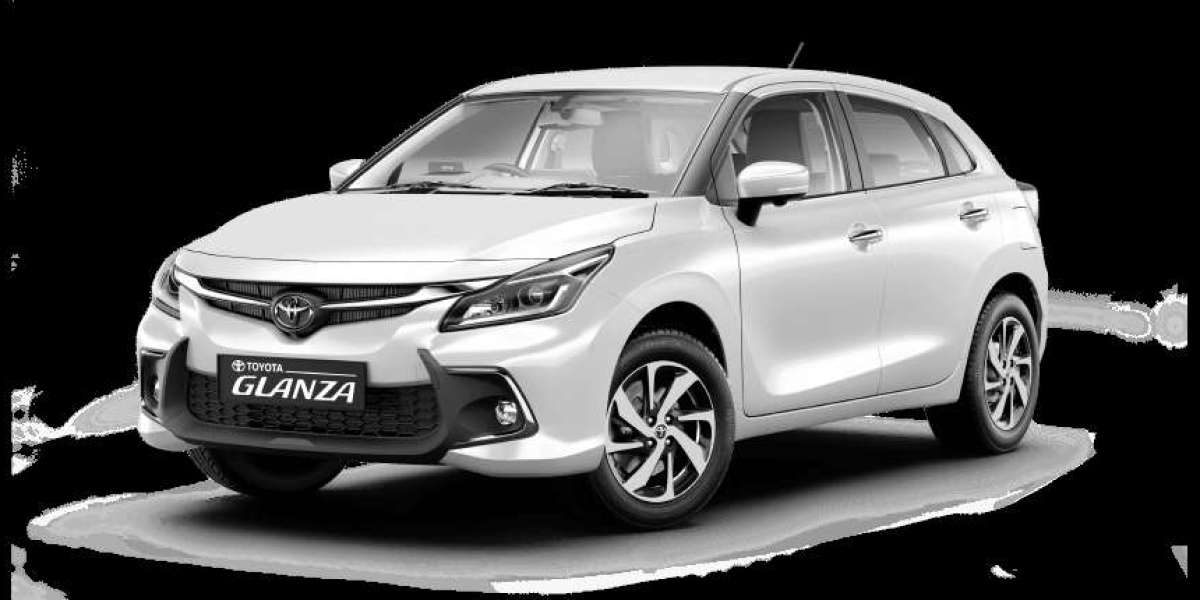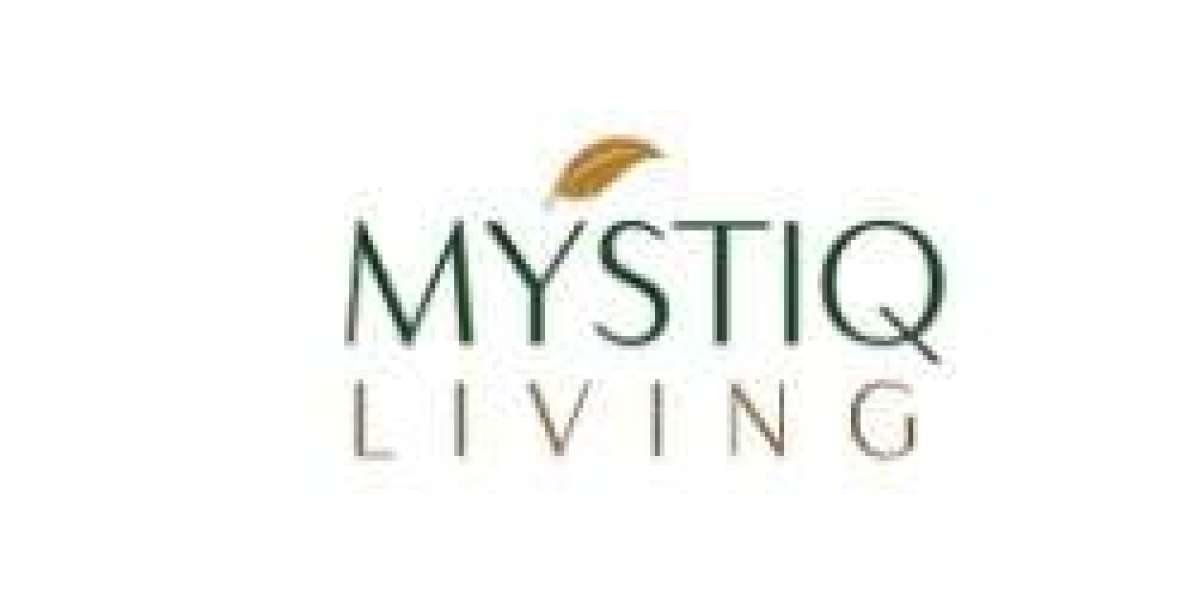Financing a used car is a common and practical way to acquire a vehicle without having to pay the full amount upfront. Whether you're buying from a dealership or a private seller, there are several financing options available to help you drive away in your dream car. In this article, we will explore different ways to finance your used car purchase and make an informed decision that suits your financial needs.
1. Used Car Loans
Used car loans are the most popular and straightforward financing option. These loans are offered by banks, credit unions, and online lenders. With a used car loan, you borrow a specific amount from the lender, which you then repay in monthly installments over an agreed-upon term.
Before applying for a used car loan, check your credit score, gather necessary documents, and research different lenders to find the best interest rates and loan terms. A good credit score can help you secure more favorable loan terms, but even if your credit score is less than ideal, some lenders may still be willing to work with you.
2. Dealership Financing
Many car dealerships offer financing options to their customers. Dealership financing is convenient because you can handle the car purchase and financing in one place. The dealership acts as an intermediary between you and the lender, helping you secure a loan based on your creditworthiness.
While dealership financing can be convenient, it's essential to carefully review the terms and interest rates. Dealerships may receive incentives for steering customers towards specific lenders, which could lead to higher interest rates compared to securing a loan directly from a bank or credit union.
3. Personal Loans
Another option to finance a used car purchase is through a personal loan. Personal loans are unsecured loans that you can use for various purposes, including buying a used car. Unlike a car loan, personal loans do not require you to use the vehicle as collateral.
However, keep in mind that personal loans may have higher interest rates compared to specific car loans. Additionally, the loan term might be shorter, resulting in higher monthly payments.
4. Home Equity Loans or Lines of Credit
If you own a home, you may consider using a home equity loan or a home equity line of credit (HELOC) to finance your used car purchase. Home equity loans and HELOCs allow you to borrow against the equity you've built in your home.
While these options can offer lower interest rates, they also put your home at risk if you are unable to repay the loan. Consider this option carefully and only if you're confident in your ability to make timely payments.
5. Borrowing from Friends or Family
If you have a strong relationship with friends or family members who are willing and able to lend you money, you may consider borrowing from them. This option could potentially offer more flexible terms and lower interest rates or even no interest at all.
However, borrowing from friends or family can also strain personal relationships if repayment becomes an issue. Make sure to have a clear repayment plan in place and treat the arrangement as you would with any other formal loan.
Conclusion
When financing your used car purchase, it's essential to explore different options and choose the one that best suits your financial situation and preferences. Used car loans, dealership financing, personal loans, home equity loans, and borrowing from friends or family are all viable choices. Before committing to any financing option, thoroughly review the terms, interest rates, and any associated fees. By making an informed decision, you can drive away in your desired used car with confidence.









